Microsoft and Yahoo confirm search deal
Microsoft and Yahoo have finally formed a search partnership, with a deal worth just under a billion dollars to the web firm, to take on Google.


The rumours are finally true Microsoft and Yahoo are to partner on search.
The newly-weds claimed the deal will boost the "pace and breadth of innovation" in the search market, while advertisers will no longer have to rely on one company that dominates more than 70 per cent of all search a dig at leading competitor Google.
Under the deal, Microsoft will run the search side while Yahoo will handle sales for both firms. Microsoft's chief executive Steve Ballmer said that the deal will give his own firm's new search engine Bing the scale to compete with Google.
The 10-year agreement will give Microsoft exclusive licence to Yahoo's search tech, letting the Redmond firm use it in its own search tools. Microsoft's Bing will be the main search tool, but Yahoo will still "own" its sites.
Yahoo will run the search advertising side, but Microsoft's own AdCentre platform will continue to set pricing, and each firm will keep its own advertising and sales staff.
Microsoft will share revenue with Yahoo based on traffic from the web firm's network. For the first five years, Microsoft will pay 88 per cent of the search revenue from Yahoo sites back, with the first 18 months guaranteed at a set rate. That rate may be tweaked after the first five years, the firms said.
The agreement will see Yahoo gain $500 million in operating income and save $200 million in capital spending, as well as boosting cash flow by about $275 million a year.
Get the ITPro daily newsletter
Sign up today and you will receive a free copy of our Future Focus 2025 report - the leading guidance on AI, cybersecurity and other IT challenges as per 700+ senior executives
Bartz said Yahoo refused previous deals because Microsoft was offering a big up front, one off payment and a lower share of revenue, which was not what her firm wanted.
Boatloads of value?
Yahoo's chief executive Carol Bartz said the deal offered "boatloads" of value to her firm, echoing a previous statement saying such a tie-up would require "boatloads" of cash before she agreed.
"This agreement comes with boatloads of value for Yahoo, our users, and the industry. And I believe it establishes the foundation for a new era of internet innovation and development," she said in a statement.
The deal doesn't involve each firm's own web properties, email, instant messaging or display advertising where the two promise to continue to compete.
Regulatory concerns
The pairing expects to have to explain itself to regulators - and believes Google will object. Ballmer said on a conference call "the competitor" may not want competition, and added he "certainly would expect the competitor to be aggressive" in its opposition.
In a statement, a Google spokesperson said: "There has traditionally been a lot of competition online, and our experience is that competition brings about great things for users.We're interested to learn more about the deal."
Ballmer added that he believes the two firms have a good case to win regulatory approval, as the deal will increase competition in the market.
Microsoft general counsel Brad Smith said the firm would file with American regulators next week, agreeing that he believed the firms had "compelling case this is going to increase competition."
Assuming regulatory approval, the plan is set to be fully completed within two years. Bartz said she hopes the deal will be completed by early 2010, with the move to Bing happening within three to six months, staring in major markets like the US.
Job cuts
Bartz said there would be job cuts at Yahoo in the long term.
"Unfortunately, there will be some redundancies," she said on a conference call. She didn't yet know the number of Yahoo employees which would be affected, but said any cuts would occur after regulatory approval and over the next two years.
She said some search employees would be moved to other areas of the business, including display advertising, and that others would be asked to move to Microsoft.
Freelance journalist Nicole Kobie first started writing for ITPro in 2007, with bylines in New Scientist, Wired, PC Pro and many more.
Nicole the author of a book about the history of technology, The Long History of the Future.
-
 Cleo attack victim list grows as Hertz confirms customer data stolen
Cleo attack victim list grows as Hertz confirms customer data stolenNews Hertz has confirmed it suffered a data breach as a result of the Cleo zero-day vulnerability in late 2024, with the car rental giant warning that customer data was stolen.
By Ross Kelly
-
 Lateral moves in tech: Why leaders should support employee mobility
Lateral moves in tech: Why leaders should support employee mobilityIn-depth Encouraging staff to switch roles can have long-term benefits for skills in the tech sector
By Keri Allan
-
 Bing’s problem isn’t its lack of appeal… it’s Google’s aggressive market tactics
Bing’s problem isn’t its lack of appeal… it’s Google’s aggressive market tacticsOpinion The search engine claims it’s been hamstrung by Google’s dominance in the search space. Does it have a point?
By Ross Kelly
-
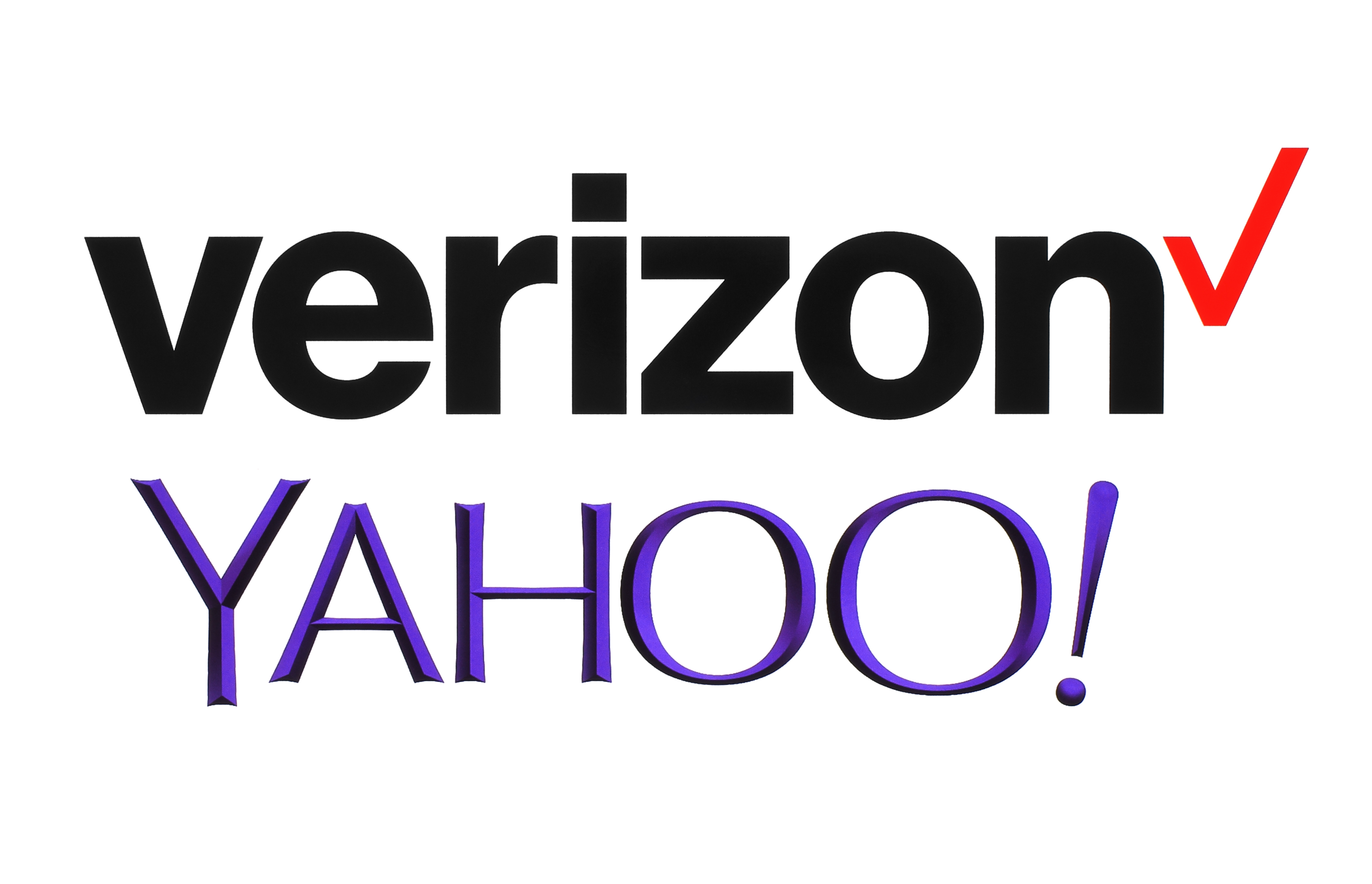 Verizon loses billions in Yahoo and AOL sale
Verizon loses billions in Yahoo and AOL saleNews The deal marks the end of Verizon’s attempts to break into the digital content business
By Mike Brassfield
-
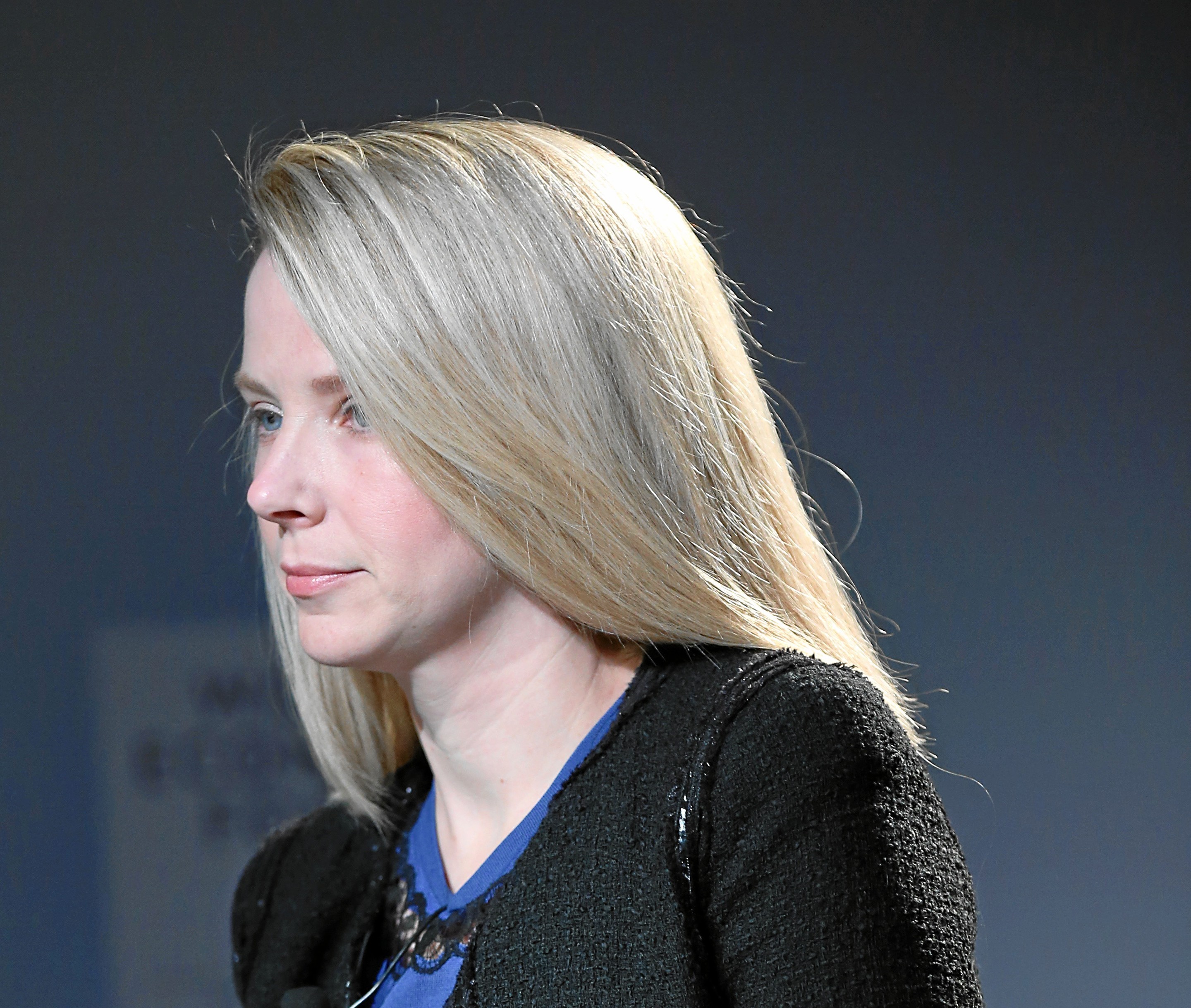 Ex-Yahoo and Equifax CEOs to testify before Senate over data breaches
Ex-Yahoo and Equifax CEOs to testify before Senate over data breachesNews Hearing will determine what more could have been done to prevent the hacks
By Dale Walker
-
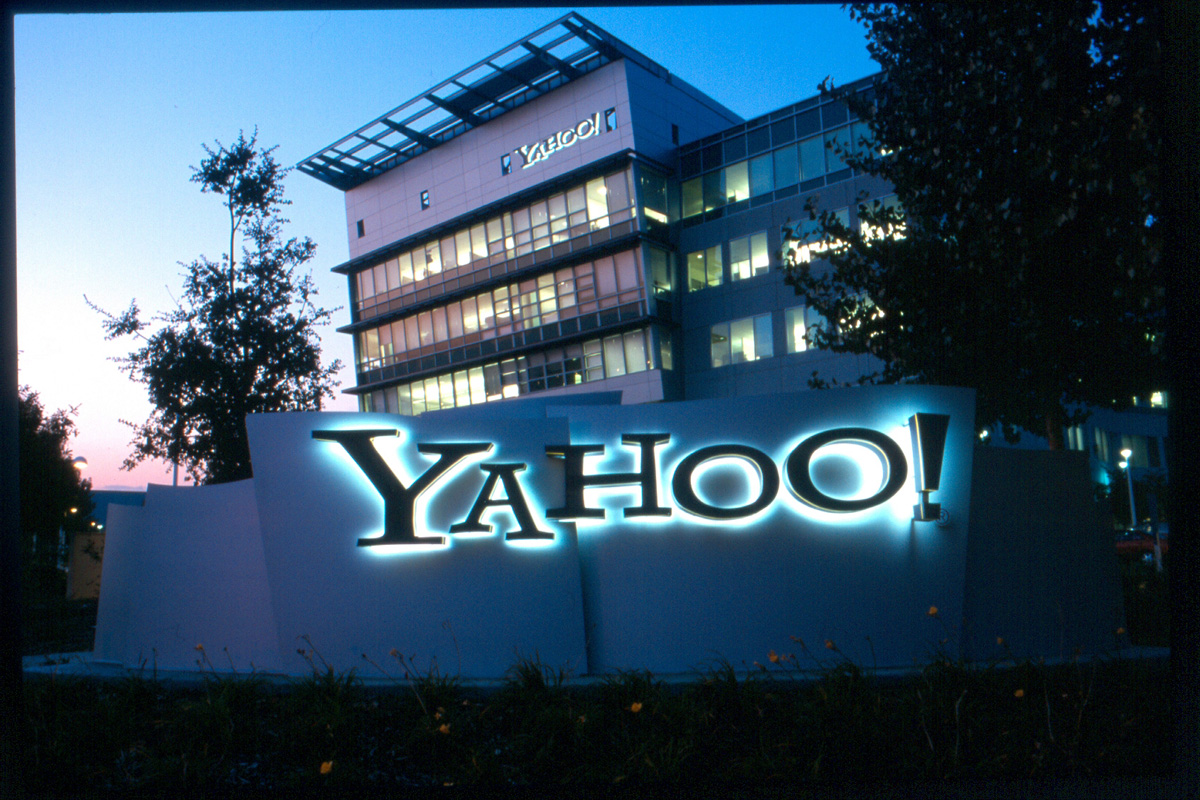 US judge rules that Yahoo must face litigation by data breach customers
US judge rules that Yahoo must face litigation by data breach customersNews Yahoo customers could have protected themselves if it hadn't taken so long to notify them of the breach
By Zach Marzouk
-
 Verizon completes acquisition of Yahoo as Mayer quits
Verizon completes acquisition of Yahoo as Mayer quitsNews CEO Marissa Mayer leaves Yahoo, whose brands will now be part of Oath
By Joe Curtis
-
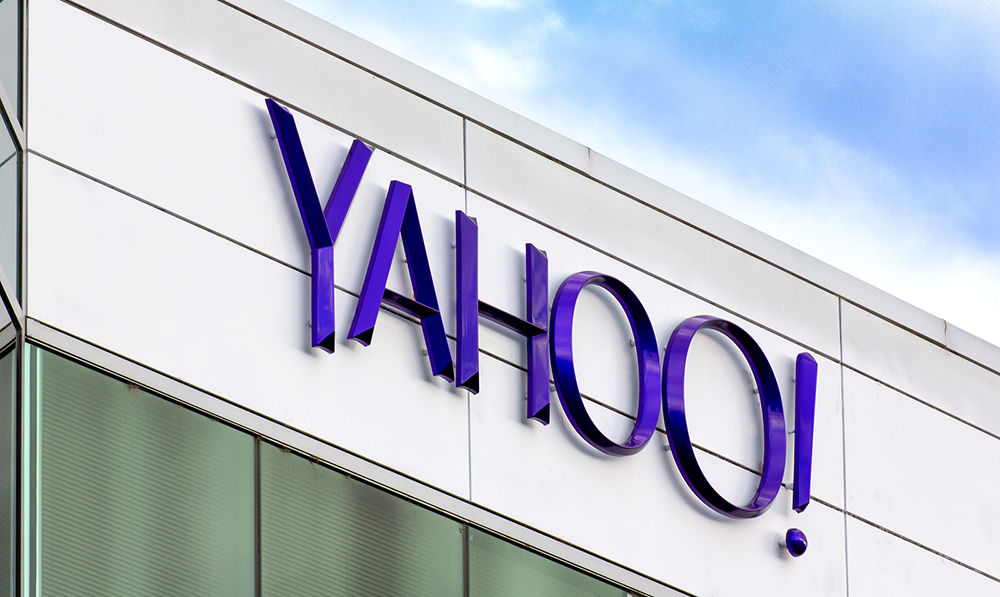 Yahoo/Verizon deal agreed as 2,100 employees face the axe
Yahoo/Verizon deal agreed as 2,100 employees face the axeNews The deal will now see CEO Marissa Mayer depart with $264 million
By Dale Walker
-
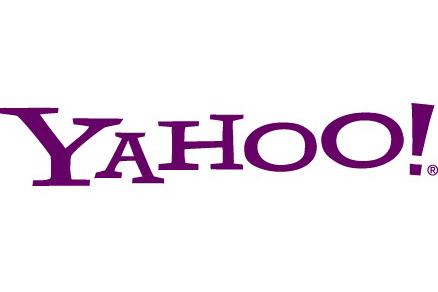 Verizon Yahoo acquisition expected to close in June
Verizon Yahoo acquisition expected to close in JuneNews CEO Mayer confirms expected closing date
By Zach Marzouk
-
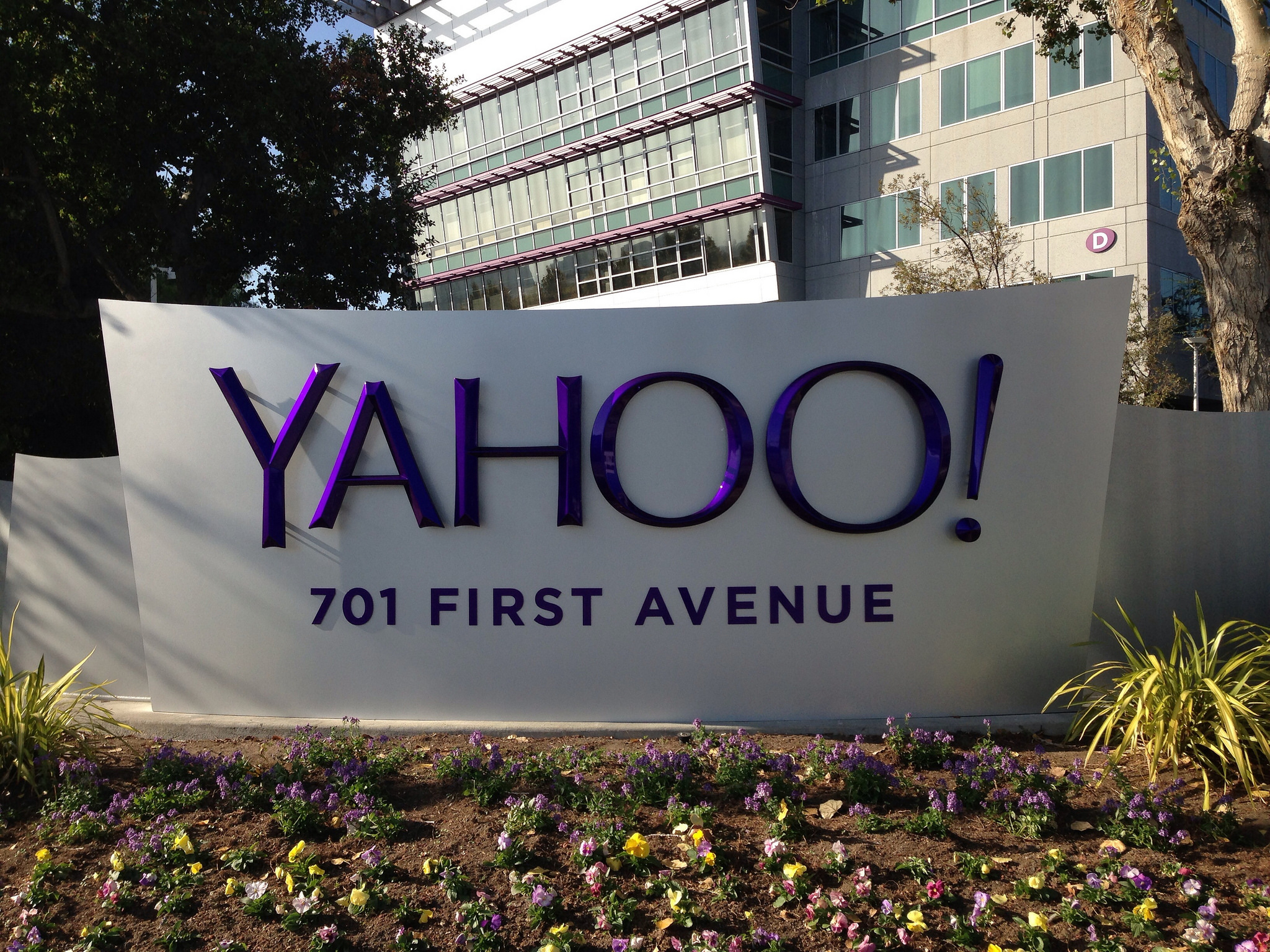 Verizon 'will pay $5 billion for Yahoo'
Verizon 'will pay $5 billion for Yahoo'News Fading search giant will feed Verizon's hunger for customer data
By Joe Curtis